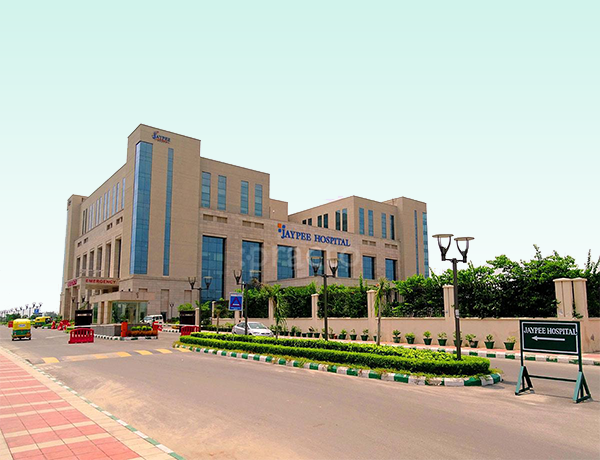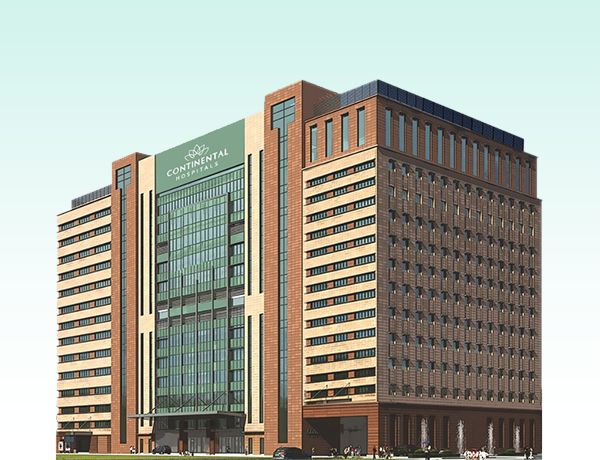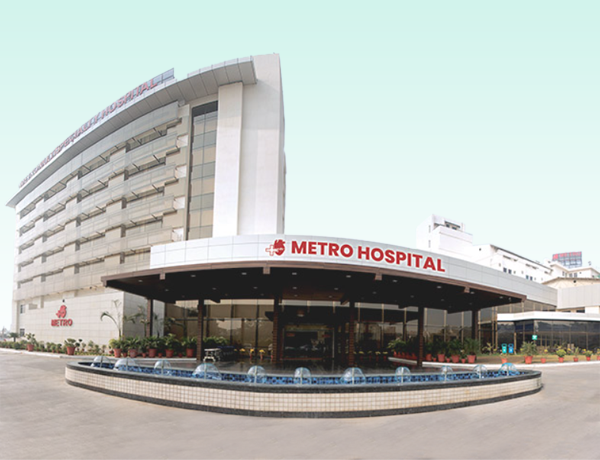Interventional Nephrology & Vascular Access
Interventional nephrology is a subspecialty within nephrology that focuses on minimally invasive procedures to diagnose and treat kidney-related conditions. Vascular access procedures are a significant part of interventional nephrology and involve creating and managing access points for hemodialysis or other medical treatments.

Symptoms
The symptoms related to interventional nephrology and vascular access procedures depend on the underlying kidney condition or the need for dialysis. Some common symptoms may include:
- Difficulty with hemodialysis: Patients may experience issues with blood flow or clotting in the dialysis access site, resulting in inadequate dialysis and symptoms such as fatigue, fluid retention, or electrolyte imbalances.
- Complications related to vascular access: Infections, bleeding, swelling, or pain at the vascular access site may occur.
Interventional Nephrology & Vascular Access Diagnosis:
Diagnosis of interventional nephrology and vascular access issues involves:
- Medical history evaluation: The specialist reviews the patient’s medical history, including any previous kidney conditions, dialysis procedures, or vascular access surgeries.
- Physical examination: The specialist assesses the vascular access site for any signs of infection, swelling, or other complications.
- Imaging tests: Ultrasound, Doppler ultrasound, or venography may be performed to evaluate the condition of the blood vessels and assess the functionality of the vascular access.
Who Needs Interventional Nephrology & Vascular Access:
Patients who require kidney-related interventions, such as the creation or management of vascular access for dialysis, benefit from interventional nephrology and vascular access procedures. This includes individuals with end-stage renal disease (ESRD) who require regular hemodialysis or those needing specialized treatments for kidney-related conditions.
When to See a Specialist
It is recommended to see a specialist in interventional nephrology and vascular access in the following situations:
- Dialysis access issues: If you experience difficulties with hemodialysis, including poor blood flow, frequent clotting, or infection at the access site.
- Vascular access complications: If you develop symptoms such as pain, swelling, redness, or drainage at the vascular access site.
- Need for specialized kidney-related treatments: If you require specific interventions or procedures for kidney-related conditions.
Types of Treatment for Interventional Nephrology & Vascular Access:
- Vascular access creation: Procedures such as arteriovenous fistula (AVF) or arteriovenous graft (AVG) placement may be performed to create a suitable access point for hemodialysis.
- Vascular access maintenance: Interventional procedures can address complications related to vascular access, such as angioplasty to dilate narrowed blood vessels or thrombectomy to remove blood clots.
- Dialysis catheter placement: In some cases, temporary or permanent dialysis catheters may be inserted for hemodialysis access.
- Endovascular procedures: Minimally invasive techniques, such as balloon angioplasty, stenting, or embolization, may be used to manage vascular issues.
Road To Recovery
The road to recovery for interventional nephrology and vascular access procedures involves:
- Proper care and maintenance of the vascular access site: Following healthcare provider instructions regarding cleaning, dressing changes, and monitoring for any signs of infection or complications.
- Regular monitoring and follow-ups: Attending scheduled appointments to monitor the functionality of the vascular access, assess for any issues, and ensure optimal dialysis treatment.
- Adherence to treatment plan: Following the prescribed dialysis schedule, medications, and lifestyle recommendations for overall kidney health.
Risk Management
- Infection prevention: Practicing proper hygiene, keeping the access site clean and dry, and promptly reporting any signs of infection to healthcare providers.
- Monitoring for complications: Being aware of signs of complications such as bleeding, clotting, or narrowing of blood vessels and seeking medical attention if necessary.
- Adherence to treatment plan: Strictly following the recommended dialysis schedule, medication regimen, and lifestyle modifications to minimize the risk of complications.
Frequently Asked Questions
1. What is the purpose of creating a vascular access for hemodialysis?
The creation of a vascular access, such as an AVF or AVG, allows for reliable and efficient blood flow during hemodialysis, facilitating the removal of waste products and excess fluids from the body.
2. How long does it take to create a vascular access for hemodialysis?
The time required for creating a vascular access depends on individual factors and the chosen technique. It typically ranges from a few hours for AVF creation to a shorter duration for AVG placement.
3. Are interventional nephrology procedures painful?
Most interventional nephrology procedures are performed under local anesthesia, minimizing discomfort during the procedure. However, patients may experience mild soreness or discomfort afterward, which can be managed with medication.
4. Can complications occur with a vascular access for hemodialysis?
Yes, complications such as infection, thrombosis (clotting), stenosis (narrowing of blood vessels), or aneurysm formation can occur with vascular access. Regular monitoring and timely interventions help manage and prevent complications.
5. How long can a dialysis catheter be used?
Dialysis catheters are often used temporarily until a more permanent vascular access, such as an AVF or AVG, can be created. The duration of catheter use depends on individual circumstances and the healing process of the access site.
Treatians As The Best Choice
Treatians understand that seeking medical treatment abroad can be a daunting experience for patients and their families. That’s why the company offers end-to-end support to its clients, from the initial consultation to post-treatment care. The company provides personalized treatment plans that are tailored to meet the individual needs of each patient, and its team of dedicated professionals is always on hand to provide guidance and support throughout the entire process. Contact us at +91-7982312582, drop your email [email protected]
- Trauma & intensive care
- Aged Care
- Community Services
- Diagnosis & Investigation
- Medical & Surgical
- Mental Health
- Rehabitation
- Specialised Support Service
Service Recipient Says

Oxmox advised her not to do so, because there were thousands of bad Commas, wild Question Marks and devious.
Kolis Muller NY Citizen
Oxmox advised her not to do so, because there were thousands of bad Commas, wild Question Marks and devious.
Kolis Muller NY Citizen

























Oxmox advised her not to do so, because there were thousands of bad Commas, wild Question Marks and devious.
Kolis Muller NY Citizen